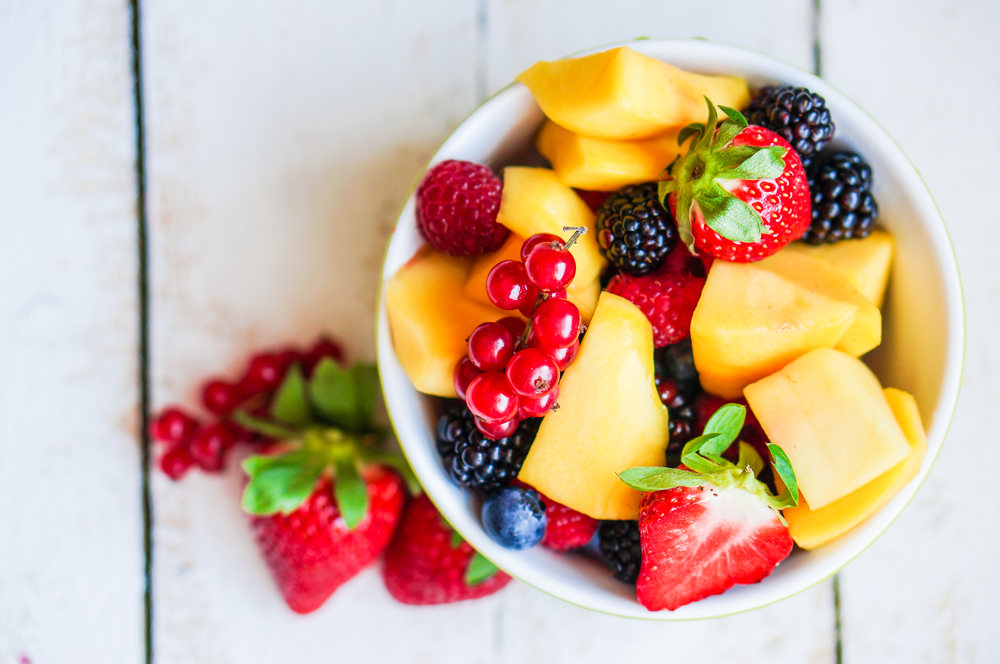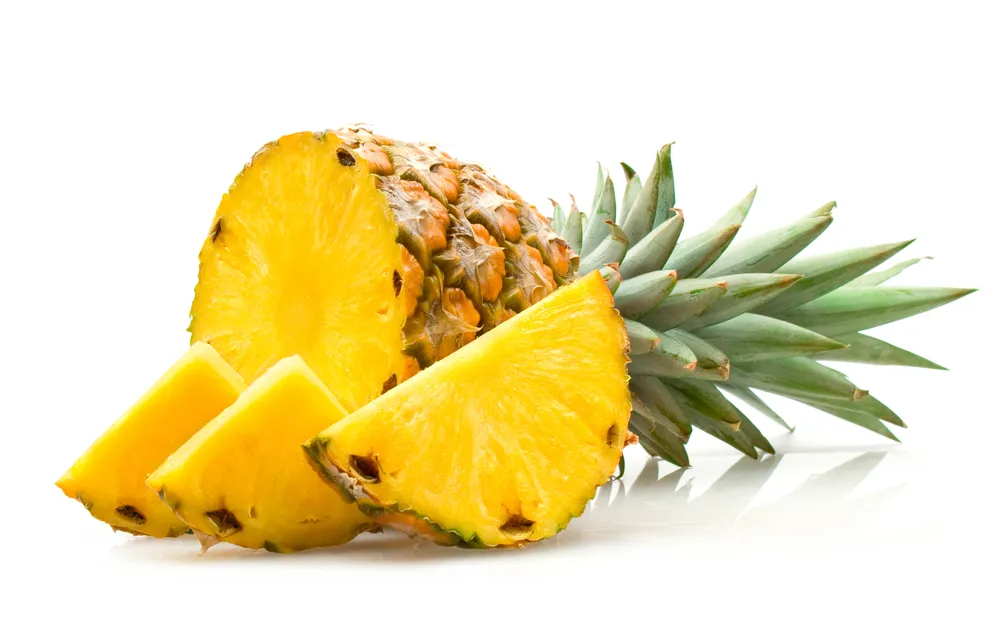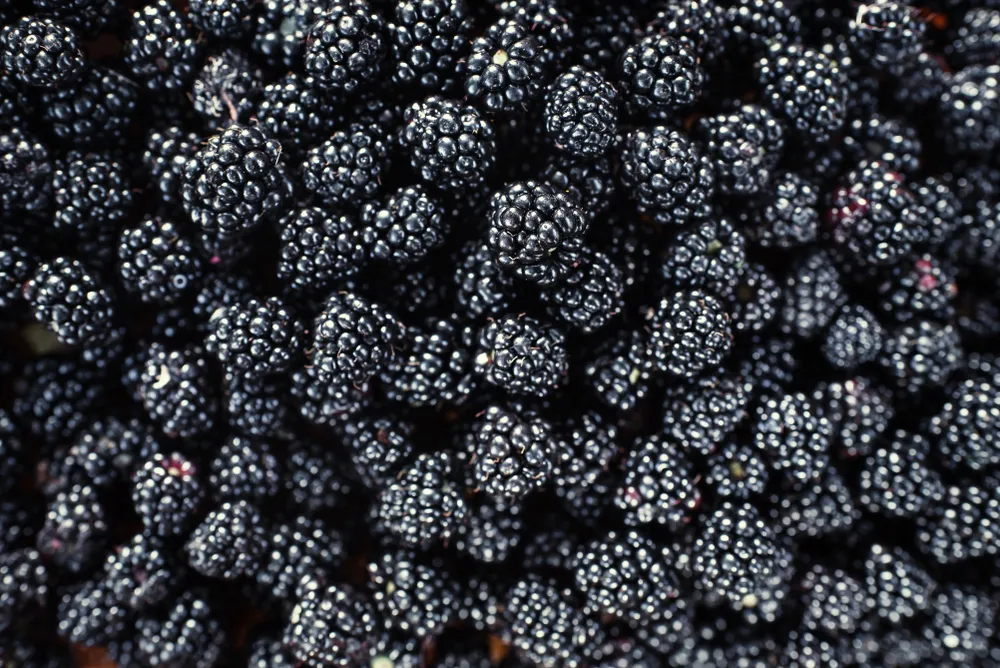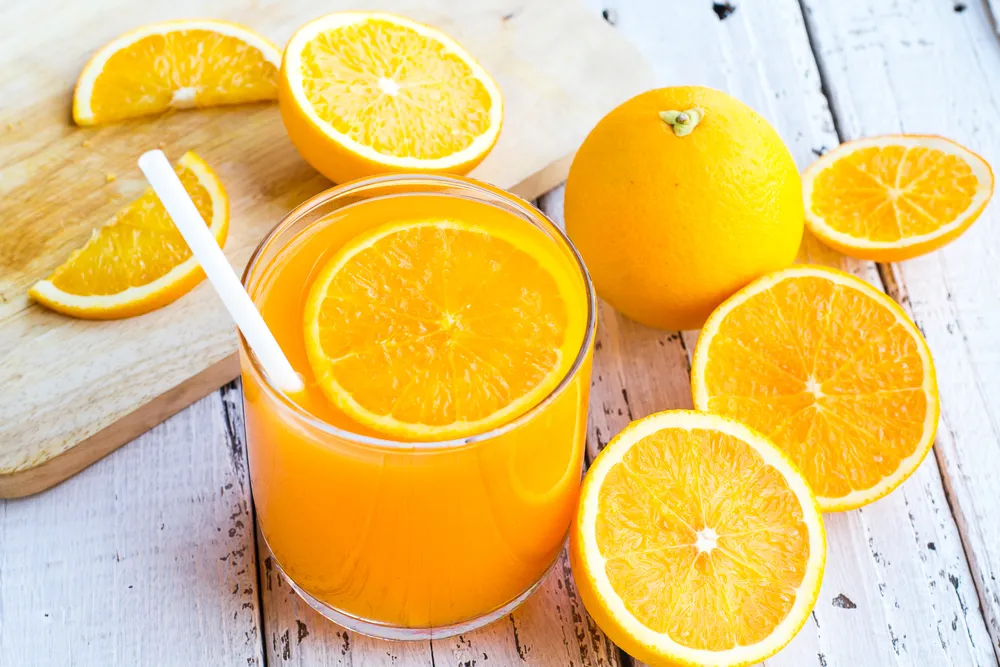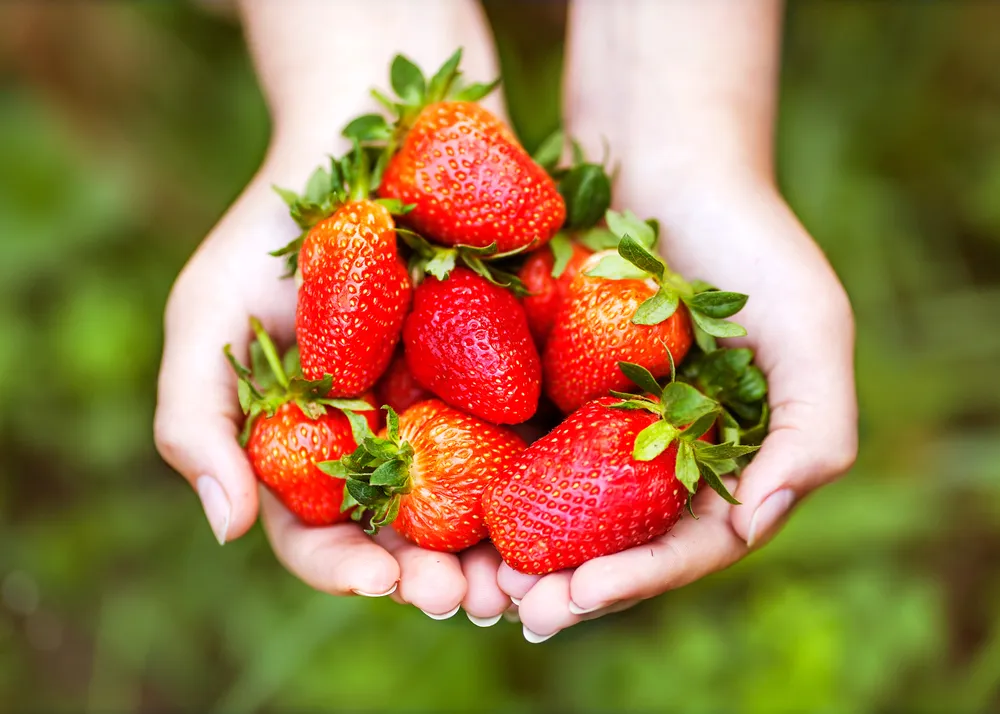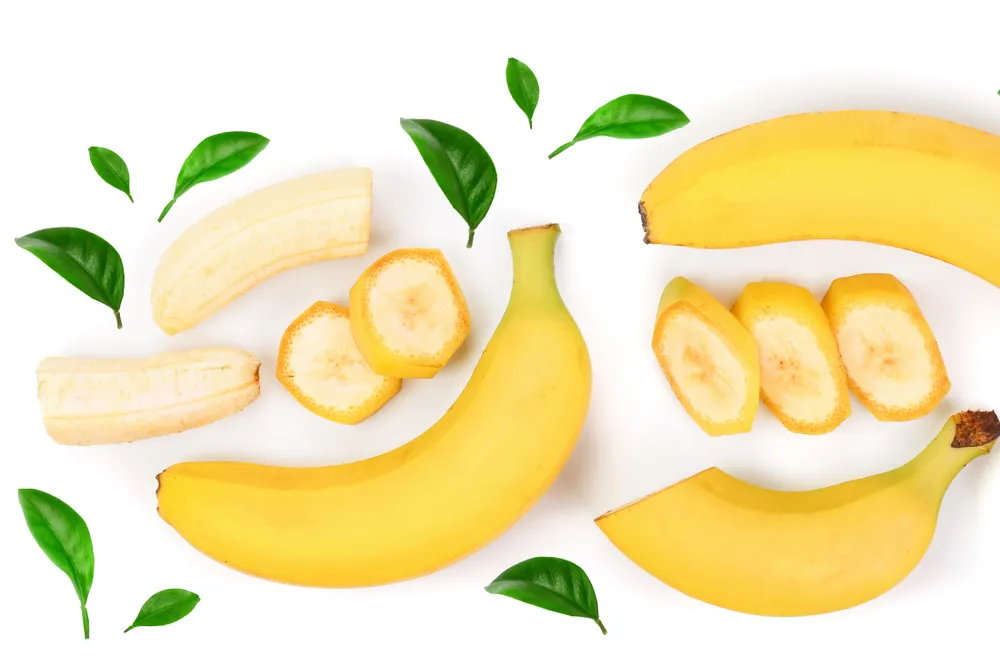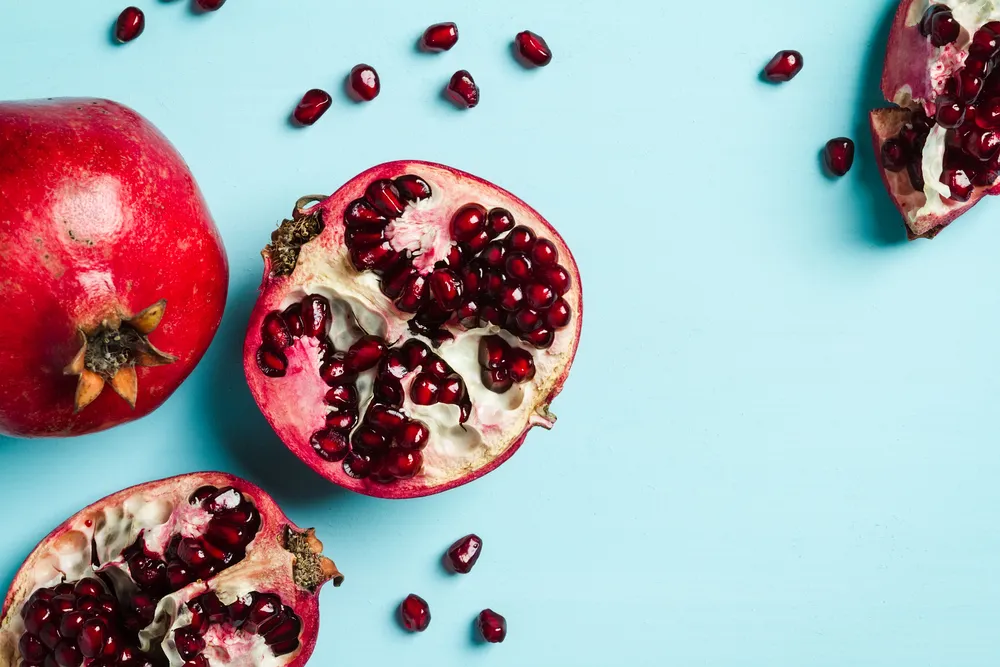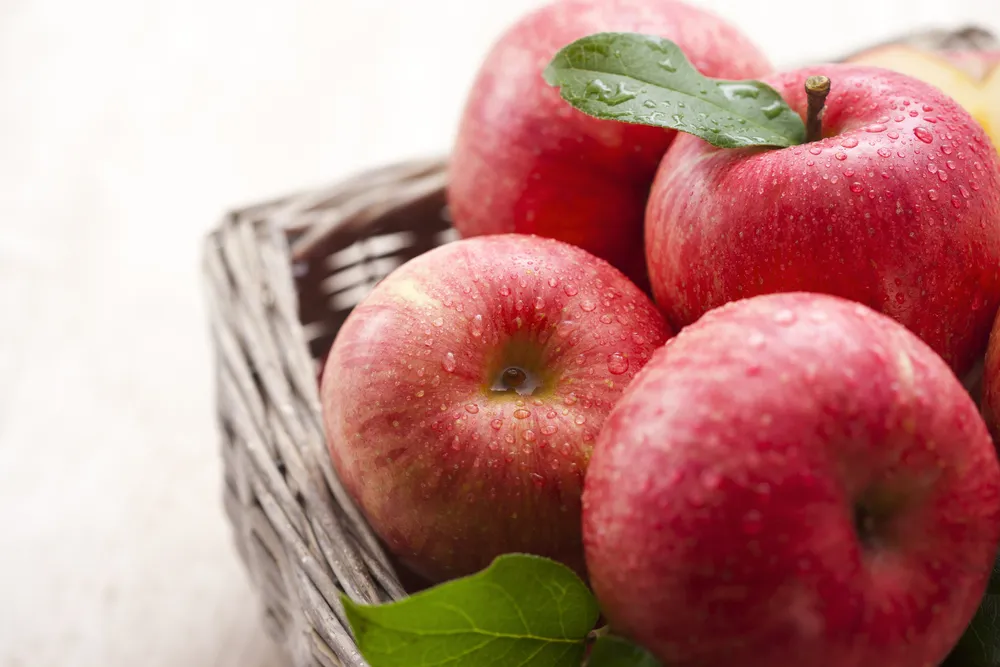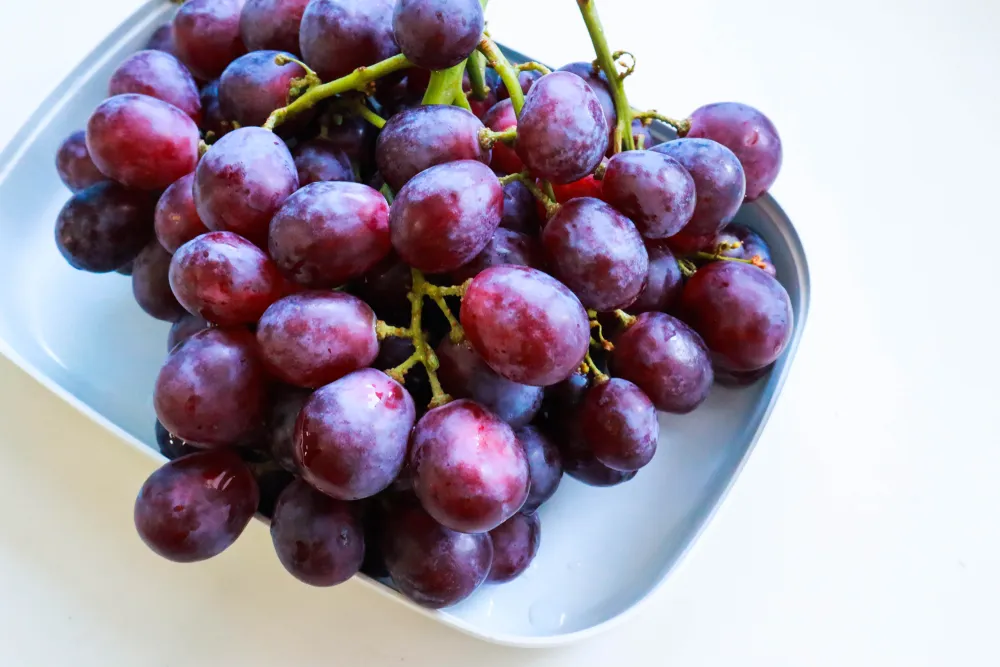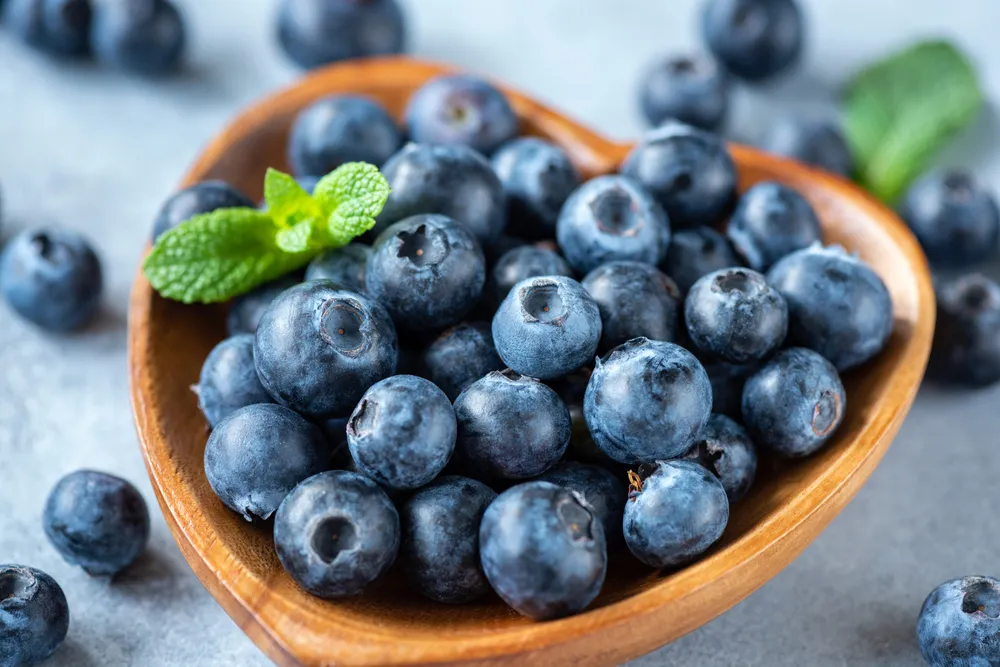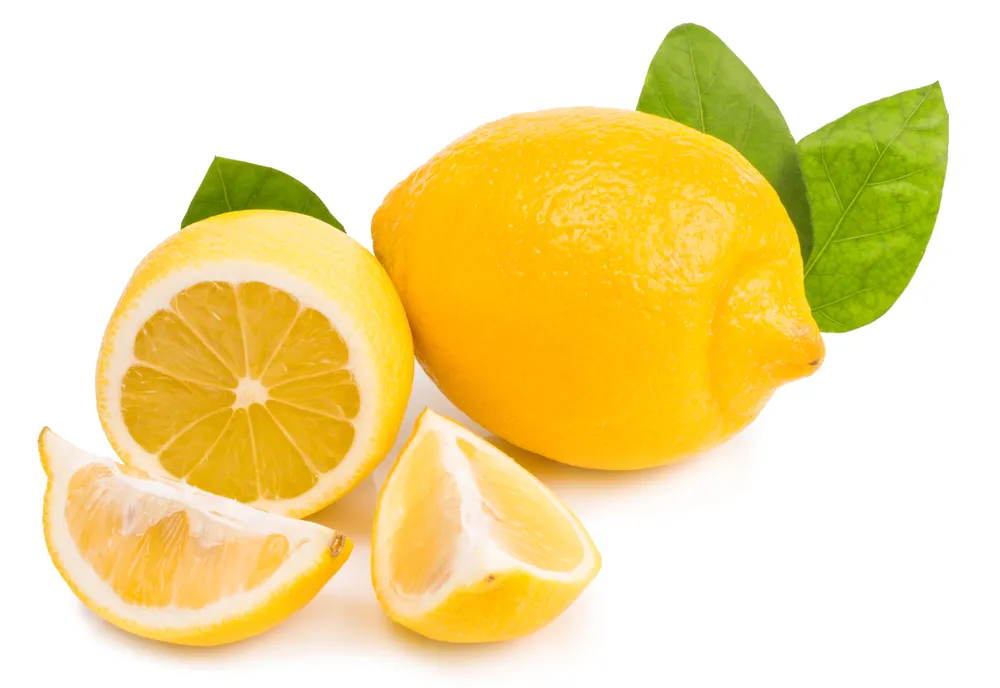Fruits are an important component to any healthy diet. Eating more fruit has proven benefits to improve overall health and decrease the risk of disease. Fruits are also known to be a powerful source of vitamins, minerals and antioxidants.
While many fruits have proven benefits, there are a few powerhouse fruits that are the most nutrient dense with low calories. If you’re looking to incorporate more healthy fruits into your diet, follow along as we breakdown a list of the most nutritious fruits you can eat:
Pineapple
Not only is pineapple juicy and sweet, but it also has a wide range of health benefits. According to Medical News Today, pineapple is known to help reduce inflammation and promote healthy tissue growth.
Pineapple contains an active compound called bromelain, which can help with reducing nasal inflammation or sinusitis. This healthy fruit also contains manganese, which the body uses to build bone and tissue.
Blackberries
Blackberries are a delicious berry that can be eaten on their own, used as a topper on a parfait or blended into a smoothie. Fans of blackberries will be happy to know that this berry is also loaded with health benefits.
Blackberries contain health-boosting anthocyanins, which are found in many types of berries. Blackberries also contain many seeds, which means they are high in fiber and can help improve gut and heart health.
Oranges
Oranges are a citrus fruit that can be eaten as a refreshing snack or juiced, but best of all, oranges are packed with many health benefits. Oranges contain a large range of vitamins and minerals, but most notably, they contain high levels of vitamin C, which is a powerful antioxidant and essential to boost the immune system.
Aside from vitamin C, oranges contain vitamin A, which is important for healthy skin and eyes. Oranges also contain high levels of pectin, which is a fiber that helps to keep the colon healthy.
Strawberries
Strawberries are a rich, juicy fruit packed with health benefits. Since strawberries contain seeds, they provide plenty of fiber. They also have a high water content, which is great for hydration.
Strawberries contain a flavonoid called quercetin, which is a natural anti-inflammatory compound. They also contain anthocyanins, which are flavonoids that can help boost heart health.
Grapefruit
Unlike berries and other sweet fruits, grapefruit is a sour fruit, but it’s still loaded with many health benefits. Grapefruits are packed with flavinoids, which help to protect against some cancers and reduce inflammation.
According to Medical News Today, a review study suggests the compounds called furanocoumarins found in grapefruits can help protect against oxidative stress, tumors and may support healthy bones.
Bananas
When thinking of bananas, one of the first benefits that comes to mind for many is their high potassium content. Potassium helps the body control its heart rate and blood pressure, which is just one benefit of bananas.
Bananas are also known to help boost energy and are loaded with fiber to help with regular bowel movements and stomach issues, such as ulcers and colitis. Bananas are great to use in smoothies as they add sweetness and can thicken the consistency.
Pomegranates
Pomegranates are considered a “superfood” by many health experts, and for good reason! Pomegranates are packed with antioxidants and polyphenols, which help to combat oxidative stress and disease in the body. Since pomegranates contain seeds, they are also high in fiber.
When it comes to vitamins, pomegranate is high in vitamin K, which is essential for strong bones and healthy blood cells. Pomegranates may also help to protect against brain-related diseases such as Alzheimer’s and Parkinson’s disease.
Apples
An apple a day, keeps the doctor away! Apples are a quick and easy fruit to eat on the go, but are also loaded with incredible health benefits. Apples are high in fiber, which boosts heart health and even encourages weight loss. They also contain pectins which help to maintain good gut health.
Research has shown that those who eat apples regularly will experience a lowered risk of certain cancers, cardiovascular disease, and diabetes. One study also found that individuals who ate whole apples regularly were 30-percent less likely to be obese, which can lead to multiple health complications down the line.
Grapes
Grapes are a refreshing snack that are healthy and particularly high in potassium and vitamin K, which both support maintaining a healthy heart. Grapes are also loaded with beneficial plant compounds that have been linked to health benefits such as a lowered risk of heart disease and types of cancer.
Grapes come in many varieties and colors, and while all grapes have health benefits, red and purple grapes have the highest antioxidant content. Specifically, the purple-red pigments called anthocyanins have been linked to improve heart and brain health.
Peaches
Peaches are a go-to in the summer months and double as an incredible source of many health benefits. According to Healthline, peaches are a strong source of potassium, fiber, and vitamins A, C, and E. They also contain the carotenoids lutein, zeaxanthin, and beta carotene.
With peaches, the skin in particular has quite a few health benefits. The skin contains the highest amounts of antioxidants, which can help fight free radicals in your body, so be sure to keep the skin on when you bite into your next juicy peach.
Blueberries
Blueberries are another fruit that many health experts deem a “superfood.” Like many berries, blueberries contain anthocyanin, which is an antioxidant that helps to protect against heart disease, stroke, and certain cancers.
Another benefit of blueberries is that they contain pterostilbene, which is a compound that may help prevent plaque from building up in the arteries. Blueberries can be eaten fresh on their own or used in desserts, smoothies or parfaits.
Lemons
Lemons are a citrus fruit that top many lists when it comes to some of the healthiest fruits to consume. Lemons contain a high content of vitamin C and antioxidants, which are essential for freeing the body of free radicals which can lead to disease and damage to the body’s cells. Lemons are also high in folic acid, potassium, pectin, vitamin B6 and vitamin A.
Lemons are easy to incorporate into your diet in many ways. Lemon is a great way to add flavour to water, as a dressing for salad or topper on fish. You could also try to add lemon and honey to tea to boost health benefits.
Overall, most fruits are healthy and have their benefits, but should be consumed in moderation. Speak with your dietitian to confirm what fruits to have and how much. Some medications may have interactions with some fruits as well.
